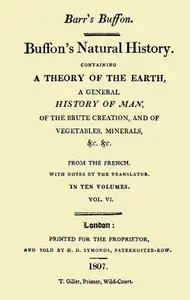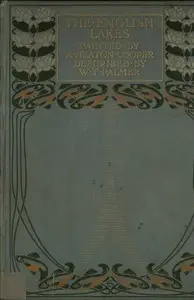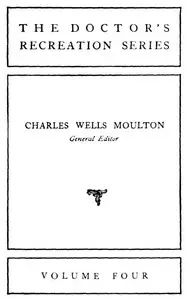"Salvation Syrup; Or, Light On Darkest England" by G. W. Foote is a critical and satirical response to General William Booth's social reform initiatives through the Salvation Army, written in the late 19th century. This book can be classified as a social critique or polemic that dissects Booth's proposals for alleviating poverty and vice in Victorian England. Foote's work reflects his skepticism regarding religious fervor as a solution to social issues and examines the contradictions within the Salvation Army's doctrines and practices. In this extensive critique, G. W. Foote dissects General Booth's ambitious plans for societal reform, highlighting the inconsistencies and failings of the Salvation Army's approach. Foote argues that Booth's methods, rooted in religious zeal, are unlikely to produce meaningful change and often rely on outdated anthropological notions that dismiss the complexity of human nature. He emphasizes that mere charitable gestures would not address the systemic issues of poverty but rather perpetuate the cycle of dependence and inadequate solutions. Ultimately, Foote posits that genuine social progress necessitates a scientific and rational approach, challenging readers to reconsider the efficacy of religious interventions in addressing societal problems. (This is an automatically generated summary.)

Salvation Syrup; Or, Light On Darkest England
By G. W. (George William) Foote
"Salvation Syrup; Or, Light On Darkest England" by G. W. Foote is a critical and satirical response to General William Booth's social reform initiativ...
George William Foote was an English radical journalist, writer, editor, publisher, and prominent secularist. He was a leading advocate of freethought, founding and editing notable publications such as The Freethinker and The Secularist and co-founding the British Secular Union. Additionally, he ran a publishing business known as the Pioneer Press. Foote was convicted of blasphemy in 1883 for his satirical attacks on Christianity published in The Freethinker and sentenced to a year in prison. He authored over eighty works, mainly polemical pamphlets, with his editorial essays from The Freethinker compiled into Flowers of Freethought (1893–94).

















